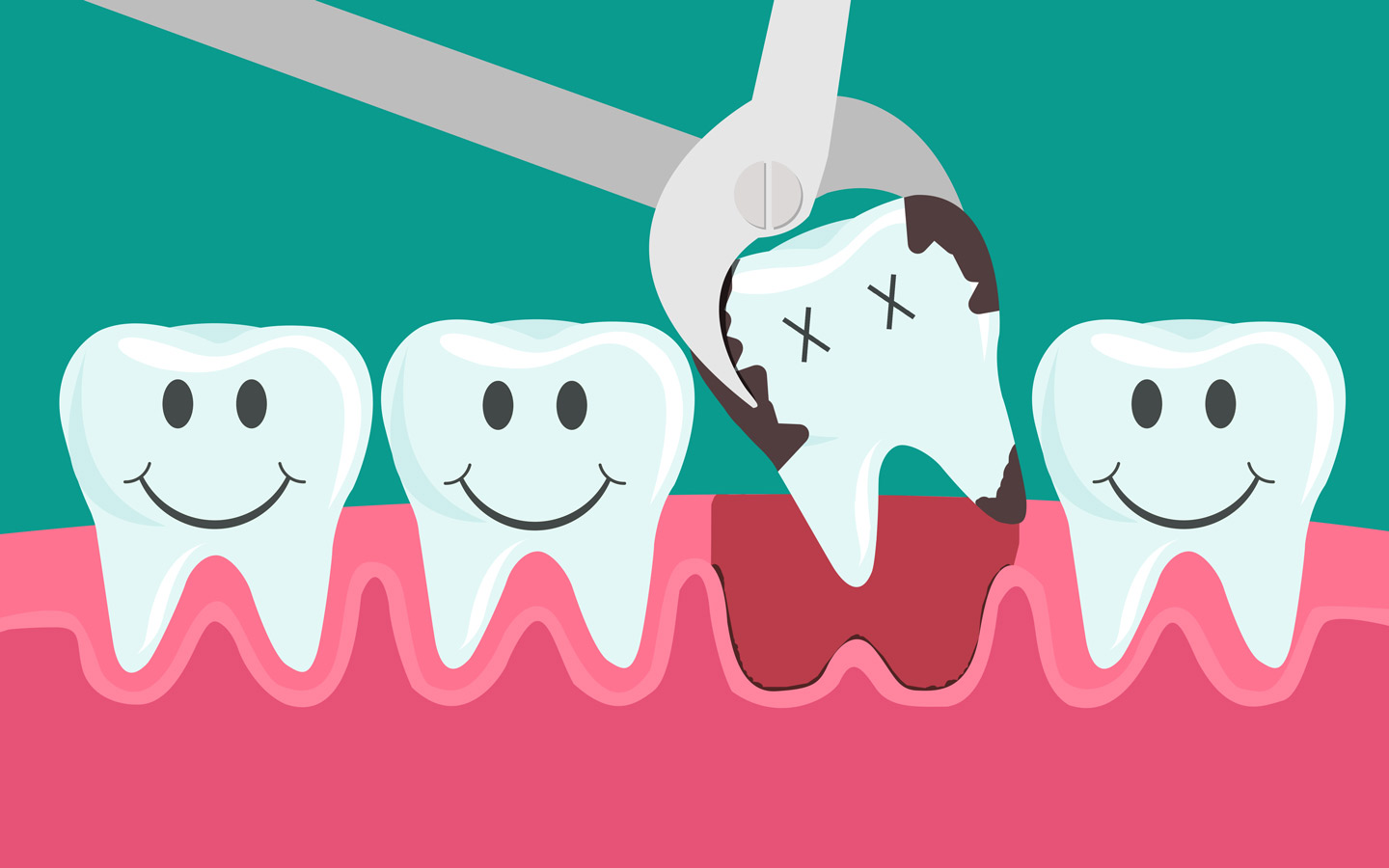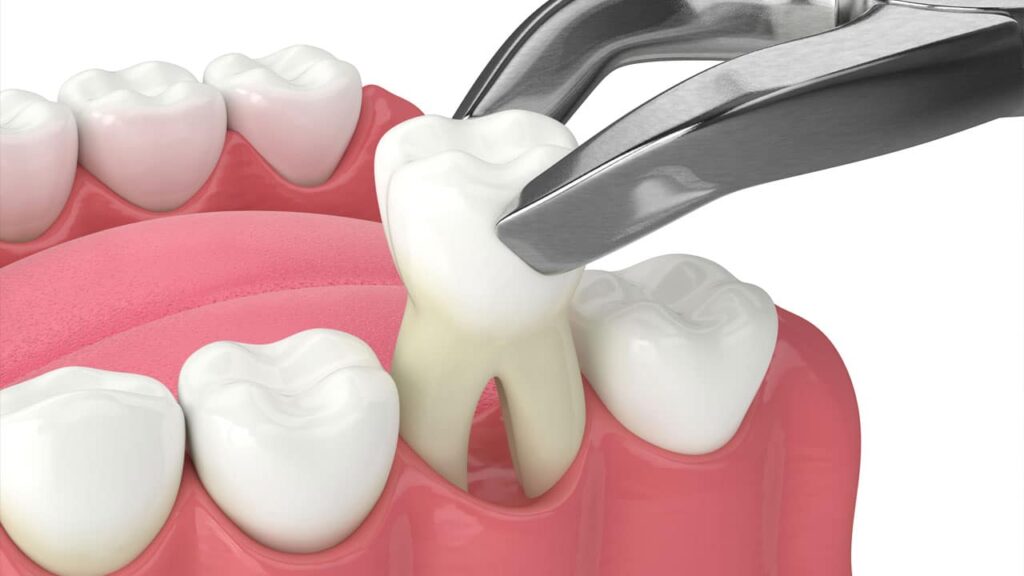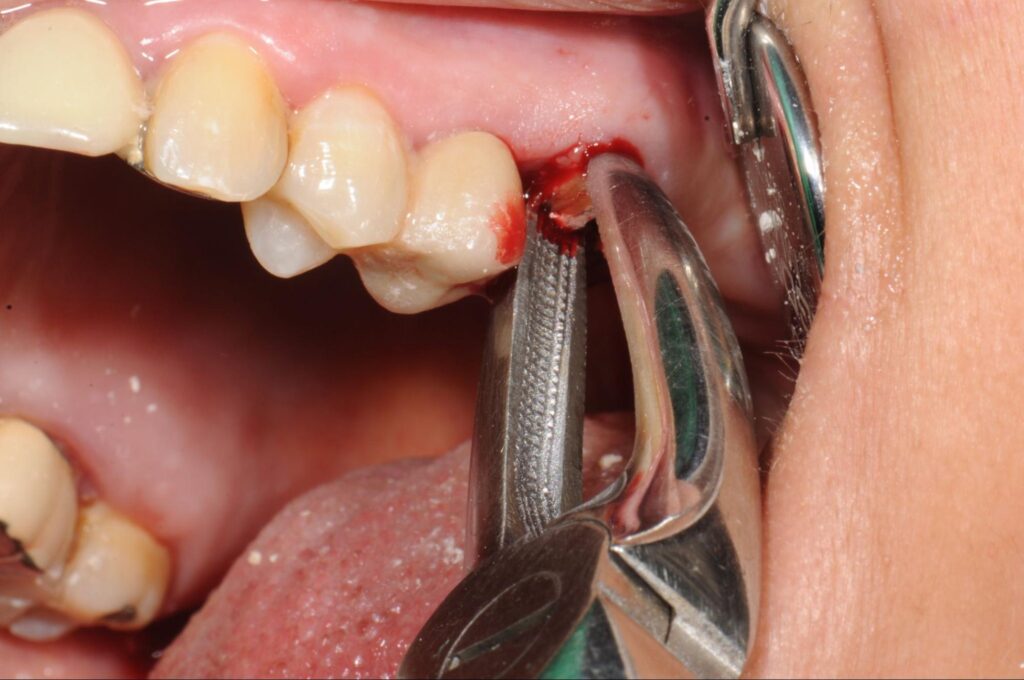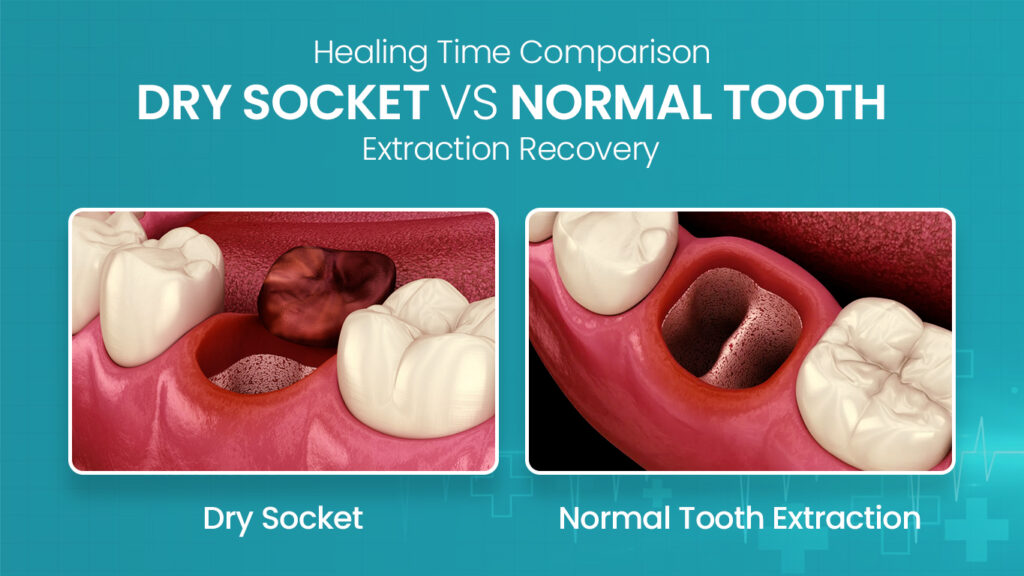Learn everything about tooth extraction, from reasons and procedures to recovery tips. Discover expert dental advice, pain management options, and aftercare tips from Family Dental Clinic in Sector 70 Noida.
Tooth extraction is one of the most frequently performed dental procedures. Despite being common, it’s often misunderstood and feared by patients. At Family Dental Clinic Multispeciality Centre, our goal is to provide patients with clarity and comfort when facing any dental treatment—especially one that may seem intimidating like a tooth extraction.
In this comprehensive blog post, we’ll walk you through every aspect of tooth extraction: what it is, when it’s necessary, what the procedure involves, the recovery process, and how to care for your mouth afterward.
What Is a Tooth Extraction?
Tooth extraction is the process of removing a tooth from its socket in the jawbone. Dentists and oral surgeons perform this procedure when a tooth is severely damaged, decayed, infected, or causing problems that can’t be resolved with other treatments.
There are two main types of extractions:
- Simple Extractions: Performed on visible teeth above the gumline. It involves loosening the tooth and removing it with forceps under local anesthesia.
- Surgical Extractions: Required for teeth that are not easily accessible (e.g., impacted wisdom teeth or broken teeth). This may involve making a small incision in the gum and, sometimes, removing surrounding bone.

When Is Tooth Extraction Necessary?
Dentists strive to preserve natural teeth as much as possible, using treatments such as fillings, root canals, and crowns. However, in some situations, extraction becomes the best or only option.
Here are the most common reasons for tooth extraction:
1. Severe Tooth Decay or Damage
When decay has spread to the pulp and cannot be treated effectively through root canal therapy, the tooth may be beyond saving.
2. Periodontal (Gum) Disease
Advanced gum disease can damage the supporting bone and tissues around a tooth, causing it to become loose.
3. Tooth Infection or Abscess
Untreated infection in the tooth pulp may spread to surrounding tissues or cause systemic issues. If antibiotics or root canal therapy fail, extraction is recommended.
4. Impacted Wisdom Teeth
Wisdom teeth often don’t have enough space to erupt properly. Impacted or partially erupted teeth can cause pain, infection, and damage to adjacent teeth.
5. Orthodontic Treatment
In cases of overcrowding, removing one or more teeth might be necessary to create space for proper alignment.
6. Fractured Teeth Below the Gumline
A vertical root fracture or deep crack in the tooth may make restoration impossible.
7. Extra or Malpositioned Teeth
Supernumerary (extra) teeth or misaligned teeth can cause functional and aesthetic problems, necessitating removal.

Preparing for the Procedure
Before an extraction, your dentist will:
- Perform a thorough examination of your teeth and gums.
- Take dental X-rays to evaluate the position of the tooth and surrounding bone.
- Review your medical history, including any medications, allergies, or conditions like diabetes or heart disease.
- Discuss any anxiety or concerns you may have.
If necessary, your dentist may refer you to an oral surgeon for complex extractions.

What Happens During a Tooth Extraction?
1. Anesthesia
The area around the tooth will be numbed with a local anesthetic. For more complex procedures or anxious patients, sedation (oral, IV, or nitrous oxide) may be used.
2. Tooth Removal
- For a simple extraction, the dentist uses an instrument called an elevator to loosen the tooth, then removes it using forceps.
- For a surgical extraction, a small incision is made in the gum. Sometimes, the tooth is divided into pieces for easier removal. Bone may also be removed if necessary.
3. Post-Extraction Care
After the tooth is removed:
- Gauze is placed over the site to control bleeding.
- Stitches may be used to close the gum tissue.
- Instructions for aftercare and pain management are provided.
What to Expect After a Tooth Extraction
Immediate Recovery
After the procedure, some bleeding, swelling, and discomfort are normal. Bleeding should subside within a few hours.
Pain Management
Pain can be managed with:
- Over-the-counter painkillers like ibuprofen or acetaminophen.
- Prescription medications, if recommended.
- Cold compresses to reduce swelling.
Diet
- Stick to soft foods like yogurt, mashed potatoes, smoothies, and soup.
- Avoid hot, spicy, crunchy, or hard foods.
- Stay hydrated but don’t use straws—suction can dislodge the healing clot.
Oral Hygiene
- Don’t brush near the extraction site on the first day.
- After 24 hours, gently rinse your mouth with warm salt water.
- Avoid mouthwash and vigorous spitting for a few days.

Complications to Watch For
Tooth extraction is a safe procedure, but like any medical treatment, it carries some risks. Contact your dentist if you experience:
1. Dry Socket
This occurs when the blood clot at the extraction site is dislodged or fails to form. It leads to exposed bone, severe pain, and delayed healing. Your dentist may treat it with a medicated dressing.
2. Infection
Signs include fever, persistent swelling, pus, or a bad taste in your mouth. Prompt treatment with antibiotics may be necessary.
3. Nerve Damage
Rarely, surgical extractions (especially lower wisdom teeth) may affect nearby nerves, leading to numbness or tingling. In most cases, this resolves on its own.

Tooth Replacement Options After Extraction
Leaving a gap where a tooth used to be can lead to shifting of other teeth, jawbone loss, and difficulty chewing. Your dentist will discuss replacement options such as:
1. Dental Implants
A long-term solution that replaces both the root and crown of the tooth. It looks and functions like a natural tooth.
2. Dental Bridges
A prosthetic tooth held in place by crowns attached to adjacent teeth.
3. Removable Partial Dentures
An affordable, non-invasive option that fills in the missing space.
Each solution has its pros and cons based on your needs, budget, and oral health condition.
Frequently Asked Questions (FAQs)
1. How long does it take to heal after a tooth extraction?
Most people recover within 7–10 days. Complete healing of the bone and gum can take a few weeks.
2. Is tooth extraction painful?
With modern anesthesia and techniques, most patients report minimal pain during the procedure. Discomfort after extraction is manageable with medications.
3. Can I go back to work or school after an extraction?
It depends on the complexity of the extraction. For simple extractions, most people can resume light activities the next day. Rest is recommended for at least 24 hours after a surgical extraction.
4. What should I avoid after a tooth extraction?
- Don’t smoke or use tobacco.
- Avoid strenuous activity for 48 hours.
- Don’t touch the site with your tongue or fingers.
- Avoid alcohol and carbonated drinks.
5. How can I speed up healing?
- Follow post-op instructions carefully.
- Eat nutritious, soft foods.
- Stay hydrated.
- Maintain good oral hygiene without disturbing the site.
Why Choose Family Dental Clinic Multispeciality Centre, Noida?
Located near Sector 70, our clinic is trusted by hundreds of families for safe, affordable, and pain-free dental care.
Key Highlights:
Experienced dentists & oral surgeons
Digital X-ray & painless anesthesia
Same-day emergency tooth extractions
Sterile and patient-friendly environment
Open 7 days a week
📍Visit Us: Family Dental Clinic Multispeciality Centre, Near Sector 70, Noida
📞Call Now: 9312602591
🌐Website: https://familydentalclinicnoida.com/
Conclusion
Tooth extraction may seem intimidating, but it’s often the first step toward better oral health. Whether you’re dealing with pain, infection, or an orthodontic issue, timely extraction can prevent complications and pave the way for long-term solutions like implants or braces.
If you think you may need a tooth extraction, don’t wait. The earlier it’s addressed, the simpler and more successful the procedure is likely to be.
Need expert advice on a tooth extraction?
Visit us at Family Dental Clinic Multispeciality Centre, Noida or call us today to book your consultation at 9312602591
At Familydentalclinicnoida.com



Thanku for your important information given by you.
Pingback: 7 Signs You Need a Dental Crown | Family Dental Clinic Noida
Pingback: The Hidden Link Between Tooth Pain and Overall Health | Dentist in Noida Explains
Pingback: Wisdom Tooth Pain|Dentist Near You|Family Dental Clinic